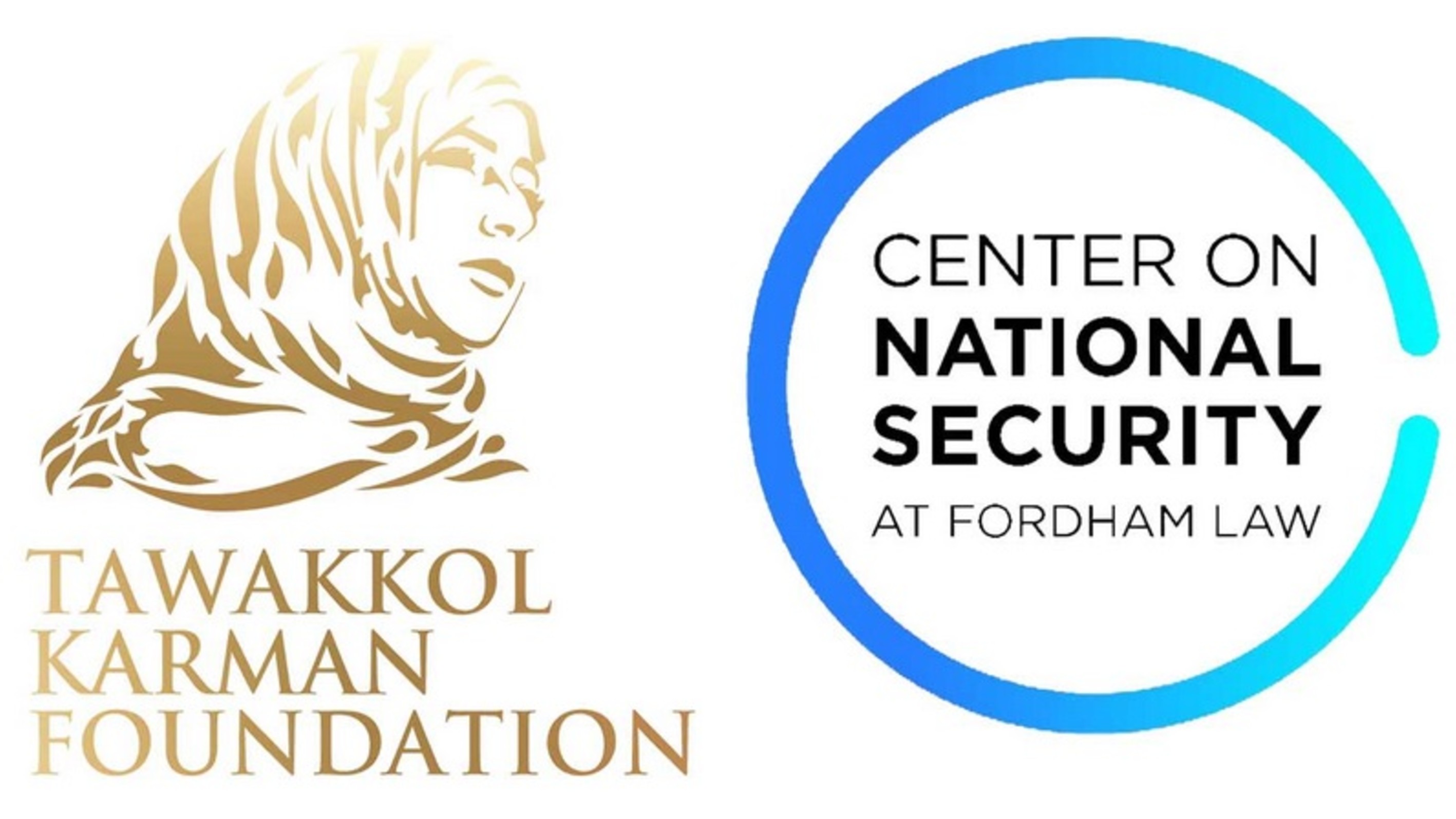News

Global Conference On Yemen: Dimensions Of The Humanitarian Crisis And Prospects Of Lasting Peace
For decades, the people of Yemen struggled to transform the country into a truly democratic society. Then came the Arab Spring, and it gave people hope that their dreams of freedom and good governance could become a reality.
A peaceful revolution swept across the country and forced out the regime of Ali Abdullah Saleh, who had controlled the country for more than 33 years. As Yemen started a transition toward democratization, it had the support of the international community, and the country led a successful national dialogue that resulted with the draft constitution. However, a few months before the end of the transitional period, the Houthi militias, the allies of Ali Abdullah Saleh, carried out a coup, occupied the capital, Sana’a, and placed the elected president, prime minister and other ministers under house arrest. Following this development, a war broke out, and an Arab coalition led by Saudi Arabia and the United Arab Emirates (UAE) intervened - under the justification of restoring the legitimate government of Yemen. The coalition had the opposite effect. The coup and the war resulted in an unprecedented humanitarian catastrophe, the worst “man-made” human disaster in recent history. Thousands of civilians, particularly women and children, were killed and injured. Epidemics spread and the country’s infrastructure was destroyed.
Today, Yemenis suffer from the war and the subsequent lack of basic services and security. Women bear the brunt of the abuse, and struggle to care for the lives of children and the most vulnerable. Yemenis strongly call for an end to the war, the end of the Houthi-led coup, and for an end to Saudi and UAE intervention. The internationally recognized government must be restored, and the country must be open for reconstruction. It is also important to strengthen the peace agreements led by the United Nations, such as the Stockholm agreement, and all other agreements that can lead to lasting peace.
Since the Arab Spring, the international community has remained united in strong commitment to the unity, sovereignty, independence and territorial integrity of Yemen - and has stood in support of a peaceful process. This conference will bring together diverse perspectives for building lasting peace in Yemen, including Nobel Peace Laureates, policy makers, experts, academics, journalists, and activists. The aim of the conference is as follows:
• Raise awareness about the root causes of the conflict
• Address human rights violations and the dimensions of the humanitarian catastrophe, and the impact of the war on Yemeni women and children as well as the response of women’s organizations to the crisis
• Engage civil society and other key stakeholders across all sectors to help Yemen restore peace and democracy, and to help the country rebuild
• Discuss potential solutions that will support Yemenis to build lasting peace, highlighting the essential role of women as peace builders and agents of sustainable change
The panels will address:
• Root causes of the conflict and internal struggles
• Impact of regional interference in the war and the impact of international powers
• Humanitarian dimensions
• Human rights violations and the impact of the war on women and children
• Peace agreements and lessons learned through dialogue and political will toward ending war, and reconciliation
• Post-war challenges
TOPICS WILL INCLUDE:
Today's Yemen: The Impact of the War and the Politics on the Ground and Abroad
The Humanitarian Crisis: The Impact of the War on the Ground
Considerations on the Future: the Possibilities for Peace
Transitional Justice: Reconciliation and Reconstruction
